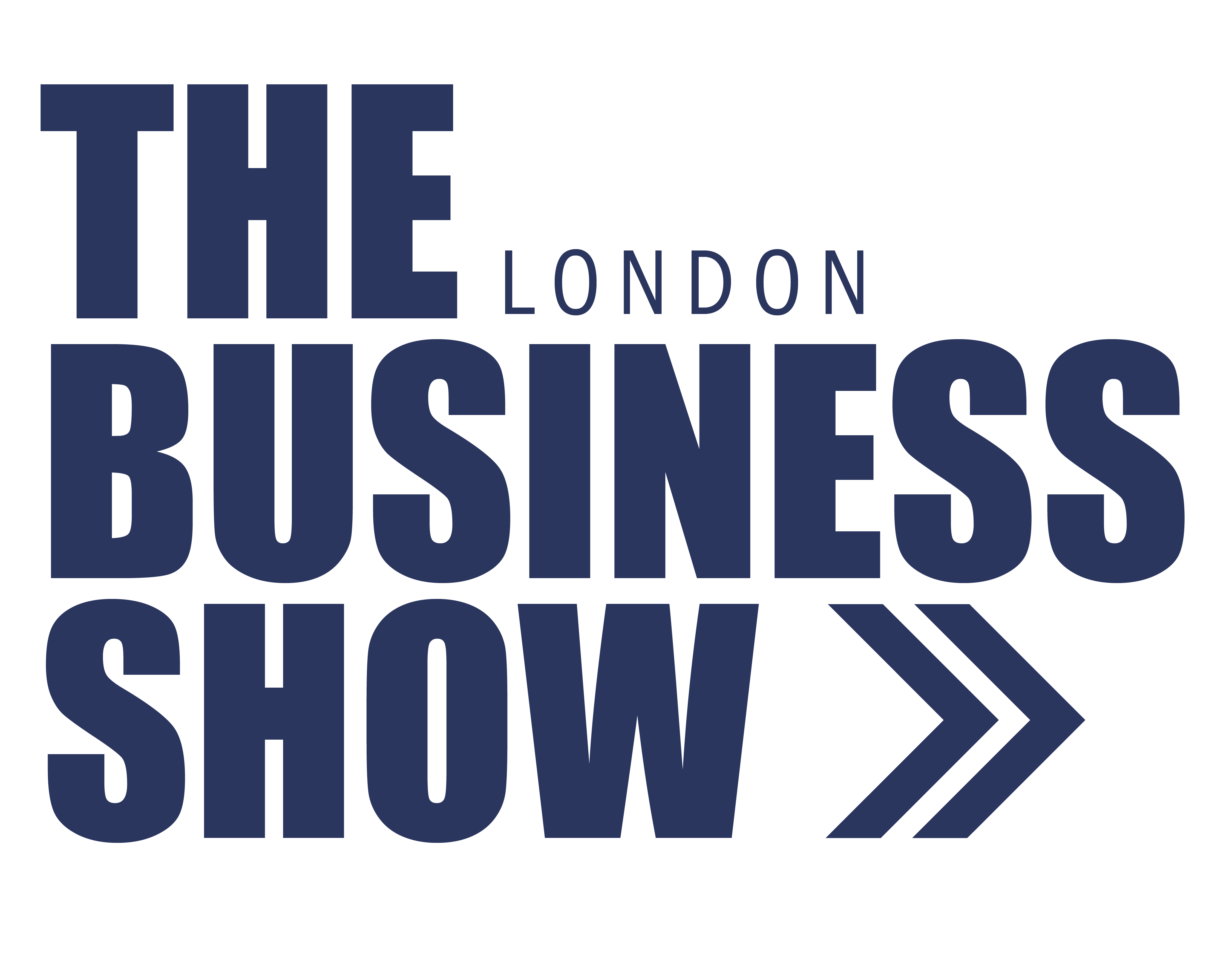7 Tips for Reducing Your Business Tax and Increasing Cash Flow
Jeff owns a PR company with a turnover of around £500,000. Over the years, he’s seen his company go from strength to strength, with increased revenues and a significantly larger workforce. To date, Jeff has managed his accounting and payroll himself, only using an accountant to file the company accounts. But this increase in business size has meant he’s had to spend more time on admin, which he doesn’t enjoy.
After complaining to a friend about the amount of tax he’s paying, his friend suggested he speak to an accountant to discover ways to reduce his tax bill and the amount of time he spends on admin – both of which would ultimately save him money.
Here are seven of the steps Jeff implemented to reduce his taxes and increase his cash flow.
1. Paid himself £12,570 a year on his company payroll
Previously, Jeff had paid himself £40,000 a year through payroll, which meant he was being taxed 20% on everything he earned over £12,570. He thought he had to pay National Insurance to qualify for the full state pension, but he now understands this assumption was wrong.
2. Paid himself a dividend of £27,430
By paying himself a dividend from his company’s after-tax profit, Jeff received a £500 tax-free allowance and only had to pay 8.75% income tax, not 20%, giving him an immediate saving in income tax.
3. Claimed Employment Allowance of £5,000
Jeff claimed a £5,000 Employment Allowance, something most SMEs can do, which reduces the employer’s national Insurance due to HMRC. This is often overlooked due to a lack of understanding over who is eligible.
4. Changed his personal life cover to business life cover
Jeff was not aware that as a Director, he was entitled to have life cover in the business as a company deductible expense, which gave him a tax-efficient structure for a life cover policy set-up both for himself and for his family. Previously, he was using his personal taxed money to pay for his life insurance, which was not in a trust.
5. Employed his wife part-time to help with company admin for £12,570 a year
Jeff’s wife had been unemployed for a number of years while she focused on raising their children. She would help Jeff with his admin from time to time, but they had no formal arrangement. By formally employing his wife, they now had an additional £12,570 tax-free income in the household. His wife is now fully qualifying for her State Pension.
6. Put aside money for tax
Every three months, Jeff had to pay his company VAT bill from the current account. Sometimes, he would have to stop paying suppliers to pay his VAT bill. What’s more, he never put money aside for his corporation tax bill. This meant that at year-end, he was always anxious about the amount of tax he would have to pay.
Jeff then opened a Business Reserve Account. For every company sale, he would transfer 20% towards the VAT bill, and a further 20% towards corporation tax. He found that by doing this, he no longer worried about having money for the taxman – and the bonus was that he was also saving capital for investing in the business.
7. Created a business and personal cash flow model
Jeff did not have a clear picture of his personal and business monthly cash flow. Many business transactions came out of his personal bank account and personal credit card, and vice versa. It was unnecessarily messy.
Jeff asked his accountant to help him create a business and personal cash flow template so that he could fully understand his financial position. With his finances now transparent and organised, he could make better financial choices going forward.
If you need an accountant to help you save money on your taxes and improve your accountancy compliance, please contact HS Accountants and Consultants Limited.
Visit us on www.hsaccountantsandco.co.uk and to find out more information email team@hsaccountantsandco.co.uk or telephone 0330 133 5677.




